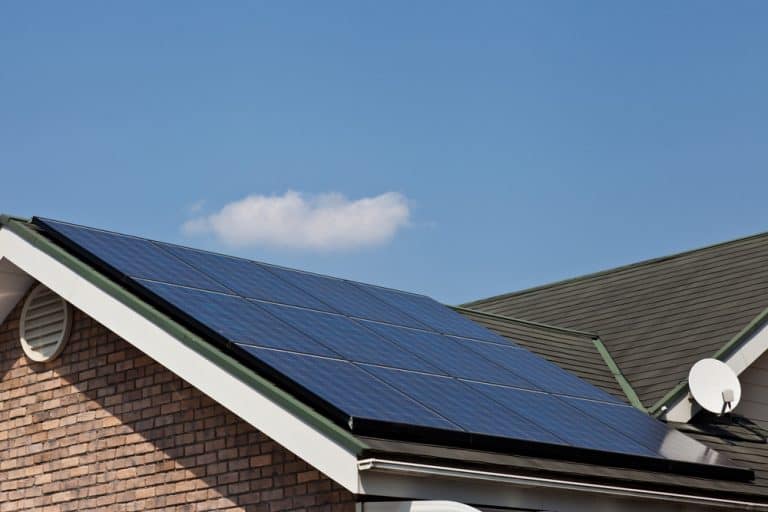Positive Post Solar Installation Habits

Solar energy is a great way to decrease electric bills, but these savings can increase. By changing some habits, solar can help customers save even more.
There are several reasons for purchasing solar. However, the driving motivator in the United States is often monetary.
Solar customers already receive a return on investment. With these savings tips, individuals with residential solar can save even more.
The Best Time to Do Household Chores
Many high energy chores are done at the end of the day or on the weekend. However, these aren’t the most cost-effective times to do these chores.
Electric companies often charge more for power used during these times; because everyone does their high energy activities at these times.
Tools like the EIA Hourly Electric Grid Monitor determine when utilities in the area will experience high demand. Customers that know how to use the EIA Hourly Electric Grid Monitor can better determine when electricity will cost less.
Completing chores during these hours makes a huge difference in the energy bill at the end of the month. Homeowners with solar save more when they do high energy tasks during the day; because they don’t have to pay for the power produced during the day.
One of the Highest Energy-consuming Chores
Laundry is one of the highest power-consuming chores. According to energy.gov’s appliance energy calculator, dryers use about 2790 watts per hour. Washing machines use about 225 watts per hour.
Times that by a couple of weeks of laundry, and it adds up pretty fast. Running these appliances in the afternoon, however, saves solar customers money.
One option is to use a lunch break to move a load of laundry to the dryer. If coming home isn’t an option, set a delay timer for the dryer to turn on in the afternoon.
Other Energy Hogs to Be Aware of
Although laundry is one of the highest energy-consuming chores, it isn’t the only one. Dishes can also use up a fair amount of energy. The average dishwasher uses about 330 watts per hour.
Other energy hogs include ovens and stoves. These appliances, however, are a little harder to use during the day.
One way to reduce the energy used to cook in the evenings is to use different cooking/prep methods. Slow cookers use less energy per hour and can make ready to eat meals at the end of a long day. Microwaving frozen food or setting it out to thaw can reduce the time it takes to cook food.
Does Turning Off the Lights Make a Difference?
Energy conscious individuals often turn off lights when they leave a room. Or they have motion-sensor and timer lights.
How much this energy-conscious behavior saves, however, depends on a couple of things. These include the wattage of the bulb and how long it is off. Let’s say there are 20 lights in the house and all of them are 40 watts.
If these lights were all off during an 8-hour work-shift, it would save 6,400 watts (6.4 kW) of electricity. If the electric rate is 10 cents, this would equal $640. Combining this habit with energy-efficient lighting could save more energy.
Turning Off Phantom Electronics
Another energy sucker that most aren’t aware of is phantom appliances. These are electronics that use electricity even when turned off, also known as standby power.
Many electronics use standby power. Some of these appliances include desktop computers, TVs, Stereos, DVD players, video game consoles, garage door openers, cable modems, microwaves with clocks, cell phone chargers, furnaces, air conditioners and printers. Many people don’t think about these items drawing phantom power, but they do.
The best way to cut back on the energy these electronics use is by unplugging them. An easy way to do this is plugging all the phantom electronics in one area into a power strip. When they aren’t in use, flip the switch on the power strip, and they will stop drawing power.
Battery Backup and Solar Savings
If these energy-saving habits seem like a lot of work or you want to increase your savings, even more, consider adding battery backup to your residential solar array. Battery backup allows homeowners with solar to store their excess power.
Battery backup saves money because this excess power would go on the grid and later as a credit to the power bill. This credit is not always a one for one through, which can cut into savings.
If battery backup for the entire home is out of reach for you, don’t worry. Go Solar Group has battery backup options for different customer needs.



Send a Message
Oops! We could not locate your form.